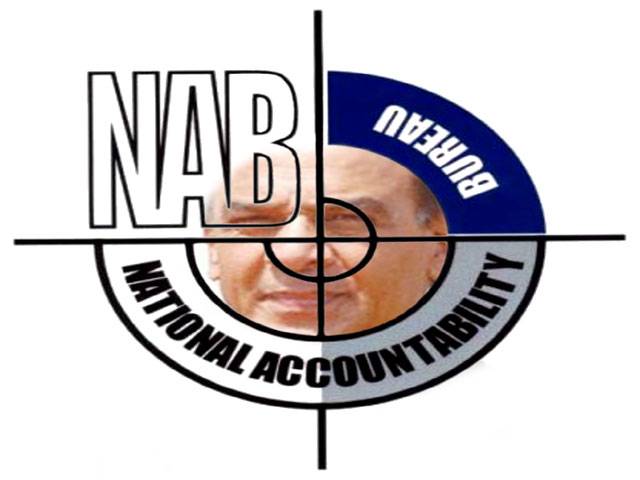ISLAMABAD - The Supreme Court yesterday said that NAB Chairman Qamar Zaman Chaudhary’s appointment as head of the national accountability watchdog was tantamount to legalizing corruption in the country.
In a short order, the Supreme Court said, “in normal circumstances, such exercise could be conducted by the NAB but when its chairman appears to be indifferent and even unwilling to perform his part, we are constrained to look elsewhere and, therefore, constitute a Join Investigation Team (JIT).
In a detailed judgment, Justice Azmat Saeed wrote about the Chairman NAB and said, the narrative, as presented by the respondents, does not seem confidence inspiring in view of what has been said in the preceding paragraphs. A counter narrative also surfaced at various points of time and criminal proceedings on the basis of said counter narrative were initiated, firstly in year 1994, when two FIRs were registered, which were quashed and the accused therein were acquitted vide judgment dated 27.5.1997 passed in Writ Petitions Nos.12172 & 12173 of 1997 on the basis of the Economic Reforms Order of 1992 and subsequently, the proceedings under the NAB Ordinance were initiated through Reference No.5 of 2000. However, the said reference was quashed on the ground that since respondent no.1 and his family were not in Pakistan and, therefore, they had no opportunity to explain the source of funds for the assets in question, which, inter alia, included the four flats in question. The two learned Judges of the Lahore High Court, having concurred in this aspect of the matter, differed on the future course of action available to the NAB. One was of the view that in future, the investigation could take place, while the other expressed his opinion that the matter stood concluded. The case was referred to a third learned Judge, who also held vide judgment dated 11.3.2014, reported as M/s. Hudaibya Paper Mills Ltd and others v. Federation of Pakistan and others (PLD 2016 Lahore 667) that further investigations were not legally possible. We have examined the said judgments, which have been placed on record and are surprised by the conclusions drawn but we are not surprised by the failure of NAB to file an appeal against the aforesaid judgments before this Court.
He further said, “the Chairman, NAB shamelessly defended the decision of not filing an appeal. Interestingly, appeals are filed by the NAB before this court in routine but not in this case. We believe that a population census is in progress. It is expected that the population of Pakistan would be more or less 200 million. If out of the 200 million people of Pakistan the only person, we can find to head the premier anti-corruption institution is respondent no.2 (NAB chairman), we might as well legalize corruption”.
Another Justice Ijaz ul Hassan said owing to the importance of the issue and considering the consistent practice of NAB that most verdicts of the High Court which had any adverse impact on investigations and prosecutions being conducted by the NAB were challenged before this court, we were surprised why this judgment was not challenged and whether failure to challenge was based upon the fact that the parties involved were influential and prominent in the corridors of power. In order to clarify the position, we summoned the current Chairman NAB as well as the Prosecutor General, NAB along with the record to explain the position. On being questioned lame, feeble and unconvincing excuses were put forth to the effect that an internal opinion was sought from in-house counsel who opined that in view of the fact that two Judges of the Lahore High Court had recorded findings against NAB on the question of reinvestigation, there were slim chances of success of an appeal before this court. The then chairman NAB who, not unsurprisingly is also the current chairman appears to have readily agreed with such opinion and decided to shelve the matter by not filing an appeal before this court. Despite our serious misgivings regarding the motivation, merit and impartiality of such decision, the NAB chairman blatantly and unapologetically defended his action and stated that he would stick to his earlier decision despite discovery of new material and evidence.
Earlier, Judge Justice Gulzar Ahmed during hearing of Panama case in February asked NAB Chairman Qamar Zaman Chaudhry what action his institution had taken over the Panama Papers. The NAB chairman replied that he was aware of his duties. He said that in 2016 the case came in the Public Accounts Committee (PAC).
Justice Asif Saeed Khosa asked that in the PAC, NAB had maintained that investigation was not in its circle of authority. The NAB Chairman correcting him said that he had maintained that NAB will initiate action after relevant authorities complete their formalities.








